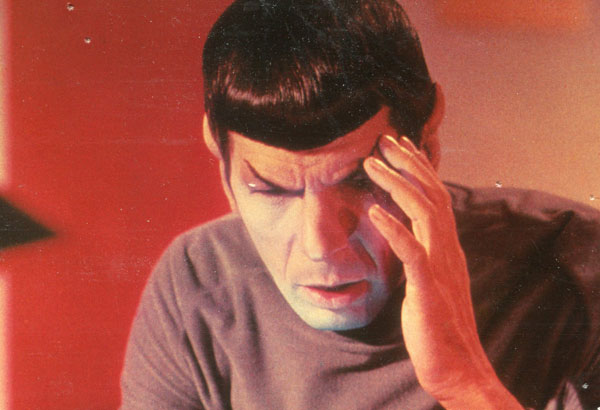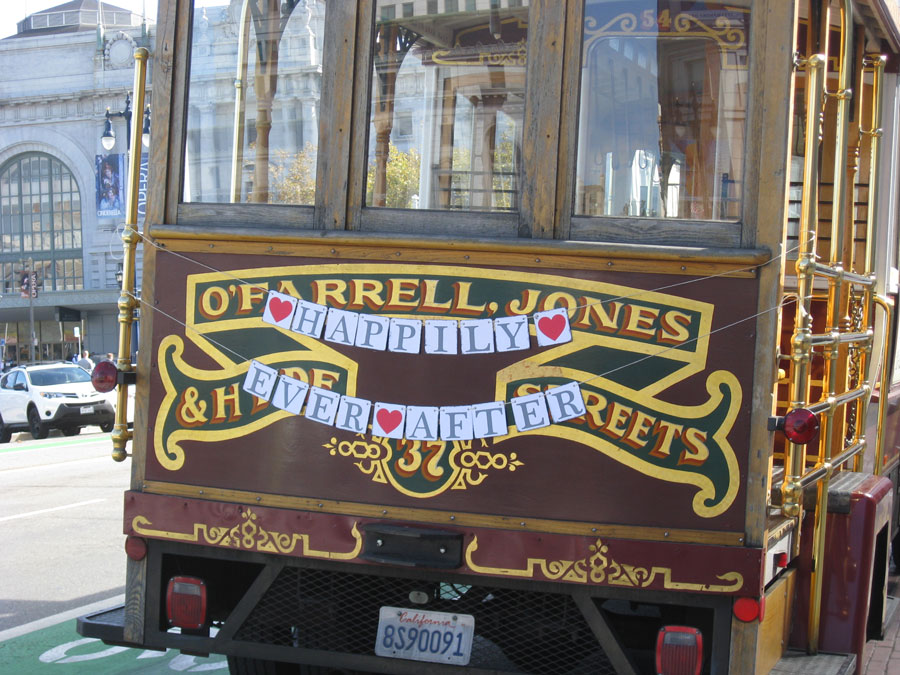
Daylight savings time begins tomorrow. Fuzzy accounting if you ask me.
You can’t legislate daylight any more than you can deny hoping rights.
But let’s put all that behind us, shall we? Today the sun is glaring on the icy snow and with any luck by next weekend we’ll be complaining about mud.
As a gardener I’m accustomed to these mood swings. One day everything is coming up roses, or cucumbers, whatever, and the next day little green worms have infiltrated the territory, black tiger mosquitoes have awakened from their brief winter nap, and there’s nowhere to hide from the scorching heat.
Yet on we go, planning and planting, plotting and scheming. It’s a bit like writing a novel. We start out standing, optimistic about our chances of constructing something just believable enough to hold together for a couple hundred pages yet adroitly sidestepping the festering ooze that makes reality such a weary slog much of the time.
I just finished reading Jeffrey Eugenides’ novel “The Marriage Plot,” which deftly critiques the entire catalogue of traditional romantic fiction. From Shakespeare’s bantering couples to Austen’s repressed heroines, the standard model for a romance has long been: boy meets girl (or girl meets boy — let’s not quibble just yet), boy loses girl, boy and girl patch things up and marry, or at least commit to the possibility. Yet times have changed, and not in a daylight savings sort of way.
Divorce, rare and slightly scandalous at the dawn of the last century, is now utterly commonplace. Marriage itself is viewed as less essential to a satisfying life, and alternatives abound for those who prefer to march down a different aisle, or not march at all. In “The Marriage Plot” Eugenides explores the confusion and pain of three characters: two men and the woman they both love. Yet in spite of the best intentions and faithful efforts to treat each other with care and respect, their attempts to love one another are sabotaged by one of life’s many hidden hazards. When one of the characters develops manic depression, the rosy glow of romance turns murky with doubt and frustration. Happily ever after, not so much.
It’s a terrific book. All the characters are flawed, likeable, maddening, and still trying as hard as they can to do the right thing, in spite of the continuing difficulty of knowing exactly what that is. It made me think about how much the element of chance figures into every aspect of life. Some people really are born lucky. Some aren’t. But it’s what people do with the hand they’re dealt that defines who they are.
In “The Marriage Plot” the three main characters have one trait in common. They’re brave. They may run away for a time, but eventually they turn back and face the music, discordant as it may be. Sometimes in romance a little discord can be bracing. A clash of cymbals to rouse the complacent. It’s all in the volume.
There’s a rule in drama that if you show a gun in the first act it has to go off in act three. I get that rule. But I’m not convinced the writer has to kill a character in order to fulfill the prophesy. Nor do I think a marriage is essential at the end of a romance. But love? Yeah. No matter what, even if somebody gets shot and not everyone is happy, as long as somebody gave their whole heart to someone else and never regretted it, that, to my way of thinking, is love.
And you can take that to the bank and put it in your daylight savings account.


